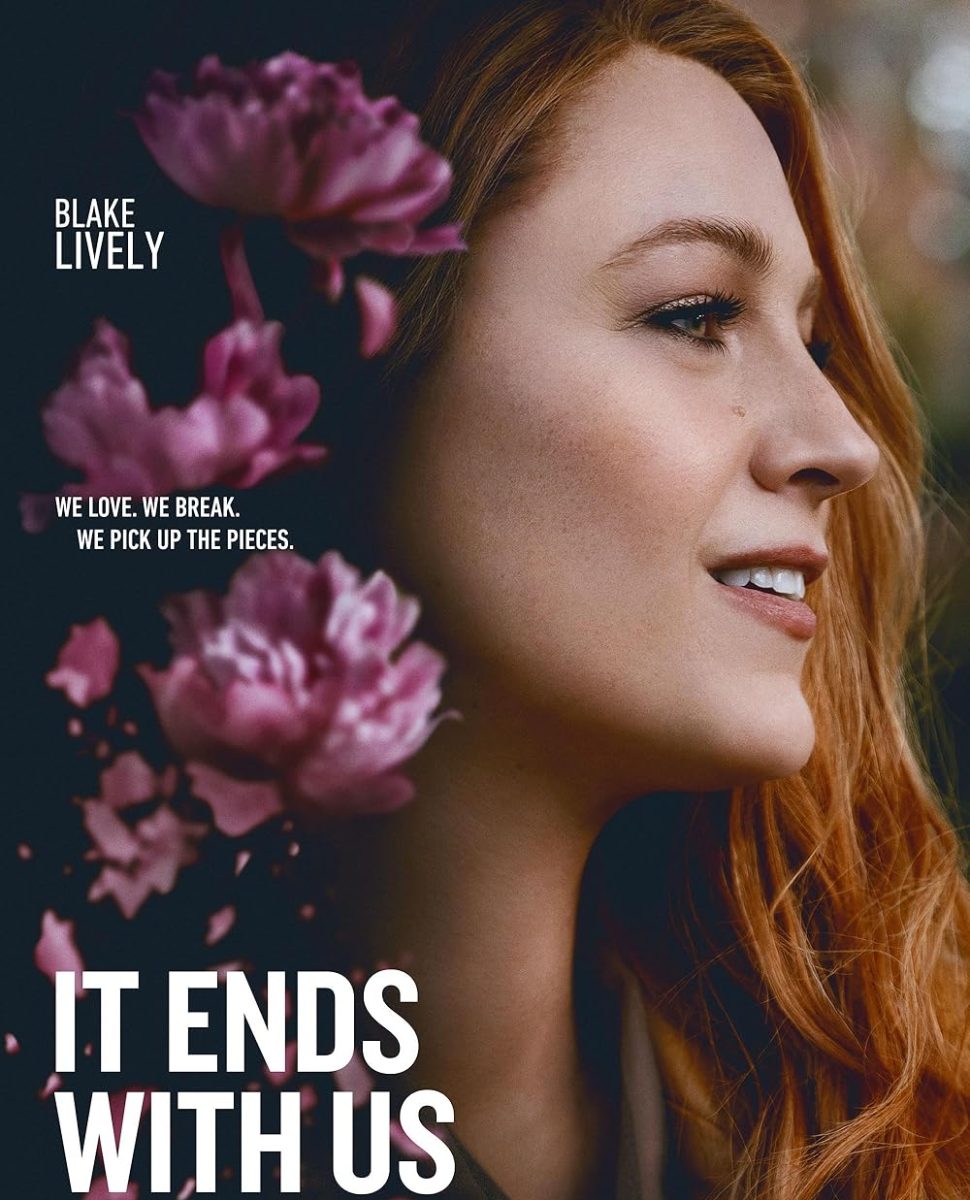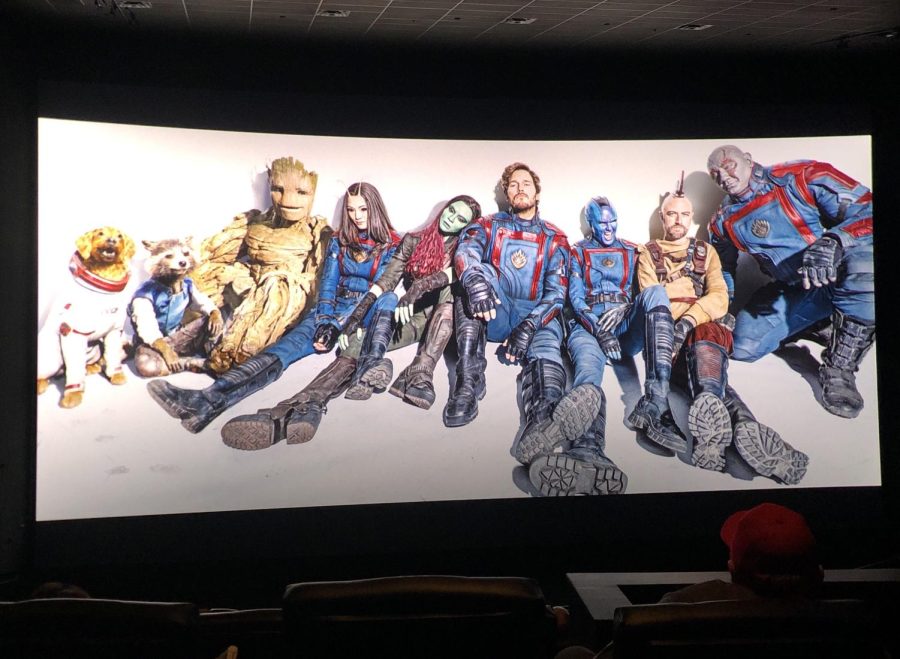Amy Poehler begins her book, “Yes Please”, by confessing “I like hard work and I don’t like pretending things are perfect.” The next 329 pages do nothing but confirm this truth, with a gut-aching induction of laughter here and there.
Per usual “memoir” style, Poehler talks about her life, her family, her weird antics, and does the obligatory humble-brag in which she gives her audience small peeks into the parts of her childhood that indicated she was special early on. There is a tale of a mis-performed elementary school play here, funny college stories there, and a nice supply of anecdotes from her days working improv. However, before Poehler gets to any of this, she continues her theme of confessions. “Writing is hard.”
For taking this atypical road of apologetic introduction, Poehler received a wad of criticism from a recent New York Times’ review. The review made some good points—she did set the bar exceptionally low in her self-depricating preface by admitting how hard writing was, particularly with two young sons—but I would argue that this was an effective tactic, not a cop-out. It was this admission that set up an intimate author-reader relationship in which Poehler could truly open up and get into the deep, and sometimes rather twisted, details of her life. Yes, as the New York Times points out, she breaks the rule in which writers are supposed to “make it look easy.” However, after reading this book, I would argue that Poehler’s life takes on a theme of rule breaking and refusing to pose facades for others, which appears to have worked out pretty well for her so far.
I should mention that Poehler is just generally impressive. She clawed her way through a male-dominated industry, managed to resuscitate a floundering period of the hit show Saturday Night Live (SNL), and has produced more than most people are even aware of (including her TV show Parks and Recreation, as well as other projects that she worked on more discreetly, like Iron Man). Frankly, she could write in caveman speech and still leave readers in awe at the mere track record of her achievements.
The only thing cooler than the fact that she has done all of this is the way she is able to weave her experiences into her book. Readers have the opportunity to see her life from a “street view,” as Poehler reveals what it was like to play Hilary Clinton during the primaries back in season 34 of SNL; what it was like to dress up as a moose, while pregnant, and rap about Sarah Palin; and what it was like to just generally be a part of many impressive casts over the years. I got to be a fly on the wall, and learned that characters on SNL get very cranky when their food arrives late, that having two boys is difficult (but also awesome), and that you can see the infamous New York Christmas tree light up from the writer’s room in 30 Rock. All of the little details given throughout Yes Please allowed Poehler to do justice to herself in the book, giving adequate credit to all of her awesome achievements, despite self-doubts in the beginning.
Lately, a gang of witty (and hilarious) female comedians has taken to the bookshelf of autobiographical memoirs. Mindy Kaling, Tina Fey, and a new addition to the pack, Lena Dunham, all have books alongside Amy Poehler’s “Yes Please”. As Poehler concedes, this is terrifying. The bar has been set extremely high for this type of book. “Yes Please” did a wonderful job not only meeting expectations, but changing them a little, too.
For one thing, “Yes Please” is incomplete—in a good way. Poehler admits that she is in a transitional phase—not yet in old age, but not cute or conventionally young anymore—and this gives her book a sharp taste of reality and a bit of an open ending. Other autobiographies of the type seem to heavily identity with age and conventions, whereas Poehler’s blatant refusal to do so makes her book unique.
Poehler makes jokes, like her fellow female comedian-authors, but she also takes on topics like shame and betrayal. Her book dives deeper than ‘I don’t like my body,’ and gets into the raw truth, with stories like ‘I made a horrible joke about a disabled girl on SNL, and apologizing for it was the hardest thing I’ve ever had to do.’ That kind of stuff.
The book was brave; it was the kind of piece that will literally make readers laugh and cry. Throughout the composition, one thing is truly obvious: she does not care if you like her. She scrapes together the most unattractive parts of her personality, and the things she regrets the most, and sculpts them into a comprehensive piece from start to finish that shows who she is as a person, holistically. That sense of honesty is a huge part of what made “Yes Please” so difficult to see criticized by prominent publications, and exceedingly impossible to put down.











